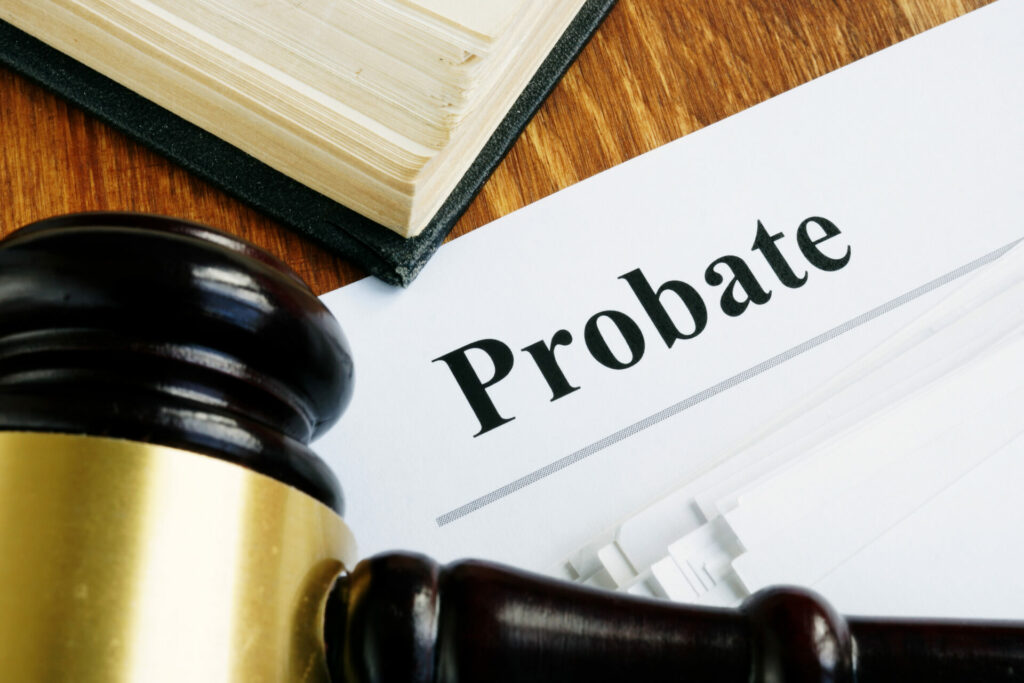If the court appoints a guardian, they can be removed under certain circumstances. If the ward is found to no longer need a guardian, the guardianship is terminated. Additionally, a person (either the ward themselves or another interested party) may petition the court to remove a guardian suspected of stealing or misusing the ward’s assets. A petition may also be filed asking the court to remove a guardian due to abuse or neglect of their ward. If you are involved in a situation where removal of guardianship is possible, you should consult with a knowledgeable attorney to understand the legal impacts.
What Is the Bill of Rights of Wards?
Besides the rights granted under the constitution and laws of the state and country, a ward is guaranteed certain rights to protect themselves and their estate. These rights do not replace or repeal other remedies a ward has under the law but are rather supplemental.
These rights include, but are not limited to:
- Receiving a copy of the guardianship order.
- Having a guardian that develops the maximum level of independence in the ward.
- Being treated with respect and dignity.
- Consideration by the guardian of the ward’s personal preferences in matters such as religious beliefs and living arrangements.
- Receiving timely and appropriate medical care.
- The ability to raise any complaints about the guardianship to the court.
- Participating in social and recreational activities, as well as education and employment of the ward’s choice.
- Maintaining a right to personal privacy.
- Retaining the capability to vote and marry.
- Getting personal visits from the guardian at least once every three months.
How Do I Contest a Guardianship?
A ward is within their rights to object to the petition for the appointment of a guardian. It is the potential guardian’s job to present clear and convincing evidence that guardianship is necessary. A ward may then present any evidence they have that refutes that claim. If there is insufficient evidence presented by the person who submitted the petition for guardianship, the court will deny the petition.
A ward may also argue that the guardian is not adhering to the conditions of the guardianship itself, such as not providing the proper accountings or otherwise violating their rights under the Bill of Rights of Wards. They may also have reached an age where they feel they no longer need a guardian and may petition the court on those grounds.
How Can a Lawyer Help?
Putting together the proper evidence and correctly filing a petition with the court is no simple matter, and a lawyer can help you navigate it with the highest chance of success. Guardianship agreements are delicate legal matters, and an experienced hand is a must, especially if you are a ward who is attempting to remove a guardian who the court has appointed. Additionally, a court appearance is required whether you are attempting to remove a guardian or defend against such an attempt.
For all your guardianship questions, call an experienced Texas lawyer at 281-771-0560




